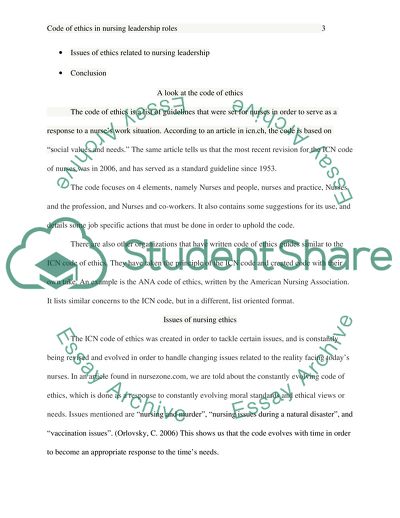Cite this document
(Code of ethics in nursing leadership roles Essay, n.d.)
Code of ethics in nursing leadership roles Essay. https://studentshare.org/nursing/1769934-code-of-ethics-in-nursing-leadership-roles
Code of ethics in nursing leadership roles Essay. https://studentshare.org/nursing/1769934-code-of-ethics-in-nursing-leadership-roles
(Code of Ethics in Nursing Leadership Roles Essay)
Code of Ethics in Nursing Leadership Roles Essay. https://studentshare.org/nursing/1769934-code-of-ethics-in-nursing-leadership-roles.
Code of Ethics in Nursing Leadership Roles Essay. https://studentshare.org/nursing/1769934-code-of-ethics-in-nursing-leadership-roles.
“Code of Ethics in Nursing Leadership Roles Essay”. https://studentshare.org/nursing/1769934-code-of-ethics-in-nursing-leadership-roles.


